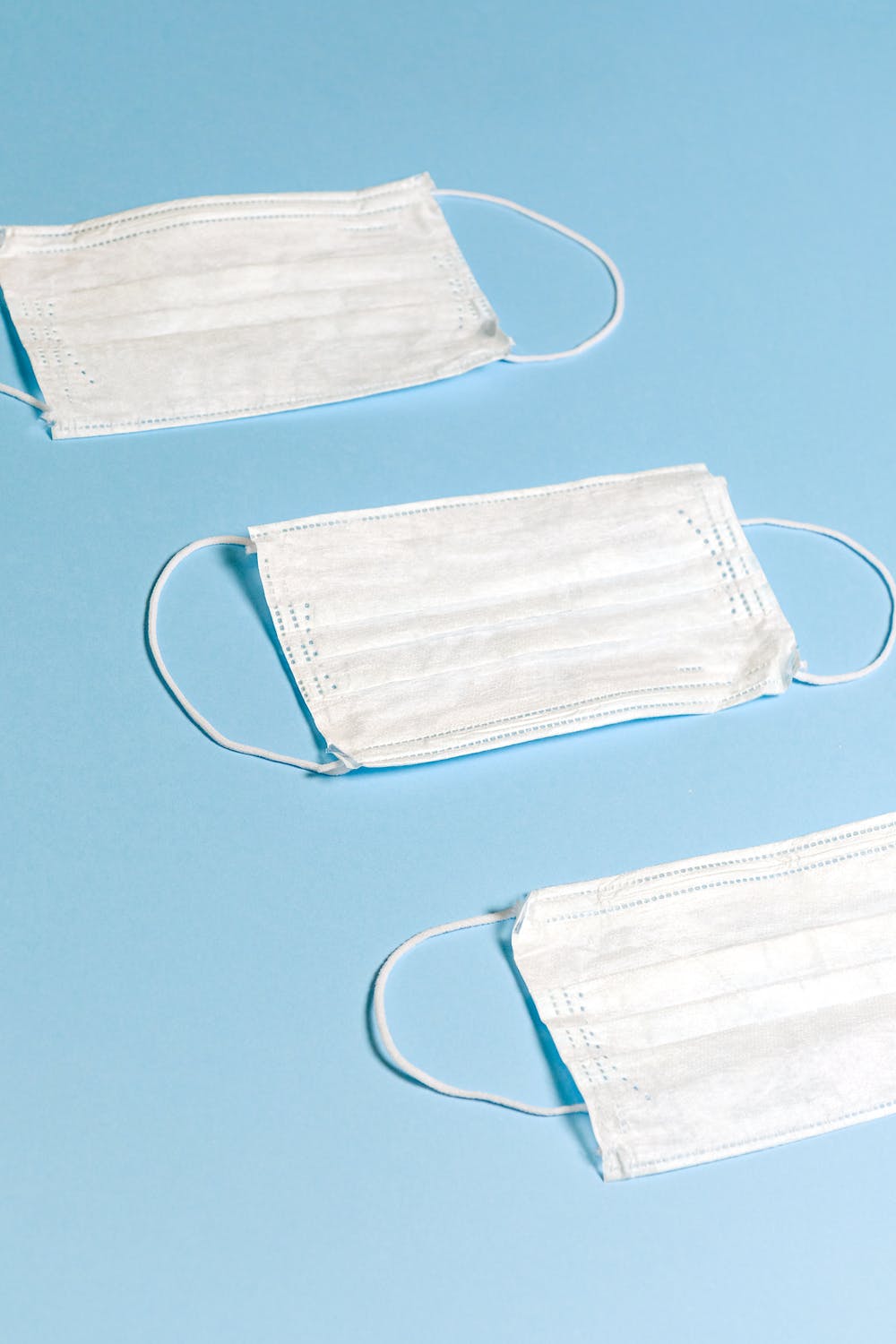COVID-19: Targeted Anti-Inflammatory Tocilizumab Reduced Mortality in Critically Ill Patients
Simple Mouthwashes May Inactivate Coronaviruses
Public’s Willingness to Get Vaccinated: Do Politics Matter?
Who Takes COVID-19 Health Problems More Seriously? Men or Women?
SARS-CoV-2 Can Remain Viable on Surfaces Longer Than Originally Thought
Pandemic Anxiety May Be Causing Teeth Grinding Rates To Increase
Around 8% of the population in America experiences sleep bruxism - a disorder characterized by teeth grinding and jaw clenching that leads to headaches, the wearing 

Why Is Bruxism On The Rise?
It is a stressful time in many ways, and this increases the likelihood of teeth grinding and jaw clenching at night. A study published in the journal Head & Face Medicine showed that nightly gnashing of teeth was especially prevalent among those who tried to cope with stress by escaping from difficult situations. Bruxism can lead to everything from tooth sensitivity to pain in the muscles of the jaw responsible for chewing. While there are many exercises to soothe tight jaw muscles, this is just one approach that should be considered. Because bruxism can actually lead to tooth loss, it should be taken seriously, and if stress is the cause, then this separate issue should also be tackled proactively.
Food Insecurity and COVID-19 May Worsen Both Conditions
SARS-CoV-2 mRNA-1273 Vaccine: Encouraging Safety and Immunogenicity Data in Older Adults
Minority COVID-19 Patients Had More Co-Morbidities Including Obesity, Heart Disease and Diabetes
Dramatic Drop in Non-Covid Respiratory Viruses During Peak of Epidemic
Immune Mediators Contribute to More Severe COVID-19 Infection in Men
COVID-19: Survey of Dialysis Population Shows Higher Prevalence Among Poor and Minority Patients
Patients on Statins Less Likely to Develop Severe COVID-19 Infections
COVID-19: Genetics Helps Explain National Differences in Infection Rate, Severity and Mortality
Mount Sinai Icahn Researchers Develop Prediction Model for COVID-19 Mortality
COVID-19: Asymptomatic Individuals May Be Driving Pandemic
COVID-19: Risk of Severe Disease Within Households of School Employees
COVID-19 Risk Increased in Individuals with Substance Use Disorders
Smoking and Vaping Cause Young People to Have Worse COVID-19 Infections
Pediatric Study Finds Having Antibodies Should Not Be Considered As Being Immune to COVID-19
Large US Academic Medical Center Study Finds Low Risk Of COVID-19 Transmission to Patients Within Hospital
Digital Droplet Technology Can Reduce False Negative COVID-19 Tests
Increasing Costs of Supplying PReP to Prevent HIV Infection
Comparison of COVID-19 vs Seasonal Influenza in Children
High Ferritin Level Linked to Increased Risk of Deterioration From COVID-19 Infection
Children Show Can Show Symptoms of Inflammatory Syndrome 3-4 Weeks After COVID-19 Infection
Do School Closures Reduce COVID-19 Cases and Deaths?
Why Do Some COVID-19 Patients Return to the Hospital After Discharge?
False Negative COVID-19 Tests Relatively Common During Recovery



















